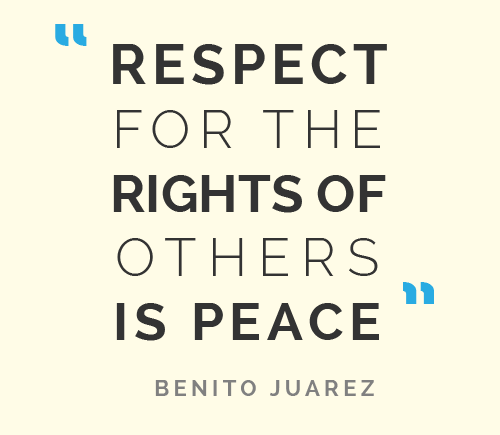Munch, Peter A. and Charles E. Marske. 1981. “Atomism and Social Integration.” Journal of Anthropological Research 37: 158-171
In evolutionist as well as “developmental” anthropological literature, social atomism has been linked with internal social conflict. Applied in particular to “peasant society,” the notion of an “atomistic-type society,” in which interpersonal conflict and antagonism are assumed to be a prevailing part of the “normative order,” has been widely accepted. In fact social atomism—understood as a social order which recognizes no collective allegiance and lacks instruments of collective action—is more often combined with a normative pattern that reduces the chance of internal conflict, either by separating the interests of its “atoms” or by establishing a network of “selective reciprocity” between individuals. An example of the latter is seen in the community of Tristan da Cunha, where overlapping and interlocking individual allegiances create a type of social cohesion which is here labeled “atomistic social integration.” (journal abstract)
We appreciate the permission to copy this article for the Peaceful Societies Website granted by the family of the late Peter Munch, by Charles Marske, and by the Journal of Anthropological Research. The article, in PDF format, is 56.3 KB in size.
